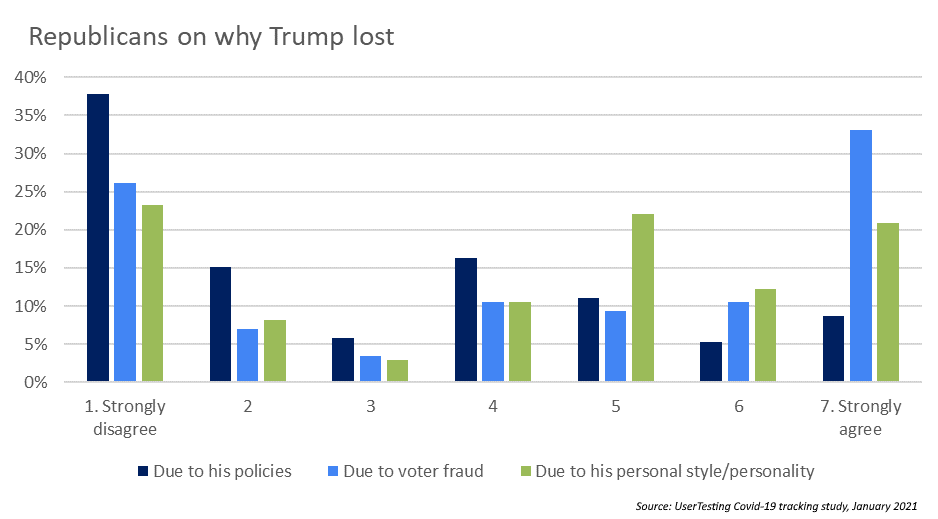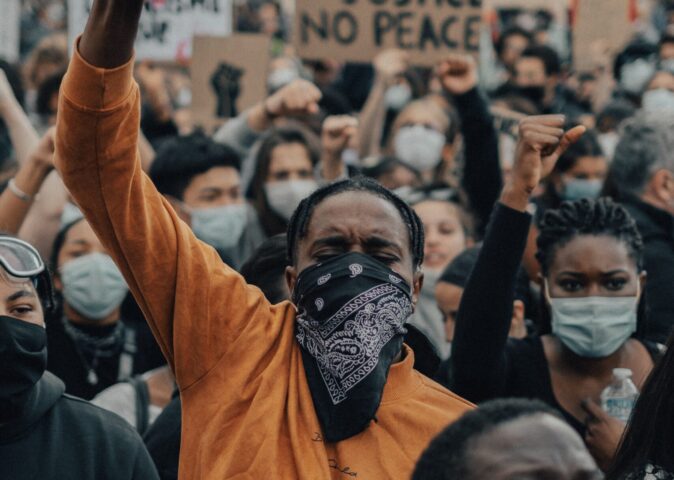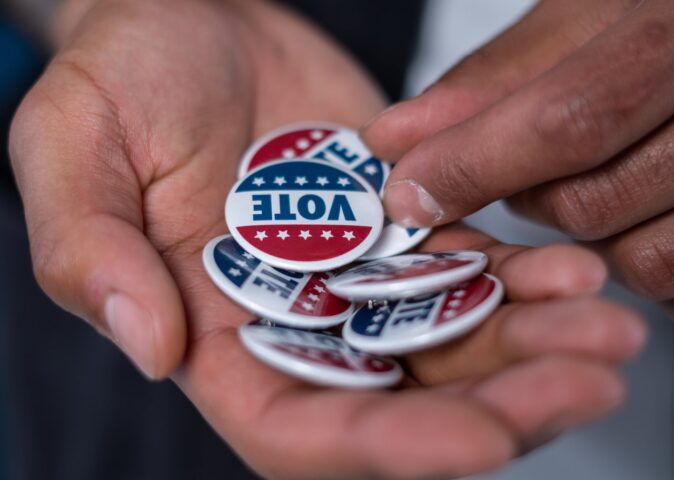In January, America inaugurated Joe Biden as its next President in an environment that many are describing as the most divisive since the Civil War. Biden even acknowledged this level of division in his inauguration speech calling for an end to this “uncivil war.”
On the surface, the country seems to be divided by two polar extremes, Democrats on one side and Republicans on the other. Describing the situation, US News & World Report wrote, “In a deeply divided nation, Democrats and Republicans don’t just disagree, they hate each other,” while the Washington Post wrote, “The ‘value divide’ between Democrats and Republicans is getting bigger and bigger.”
But are there really two separate Americas, steadily drifting further from each other toward the extreme wings of political and cultural ideology?
In order to explore this question and to better understand the mindset of everyday Americans — those with views that are drowned out by the sensationalism that pervades social media and cable TV news — we asked an equal share of Trump and Biden voters to express their thoughts on the Capitol riot and the current state of politics in America. Their answers are surprising and suggest that while the most extreme among us may be digging deeper into extremism, the majority of Americans still care about and agree on the same set of core values.
Insurrection at the Capitol Building
The events at the Capitol Building on January 6 were shocking to many Americans. There are likely many factors that led to the events in DC, but the most common explanation is that Trump voters believed the election was stolen, justifying physical resistance.
The evidence disagrees with that view of Trump voters, in two ways. First, Republican views of the election are not as uniform as you’ve heard. In UserTesting’s quarterly tracking study, 53% of Republicans agreed at least partly with the statement that Donald Trump lost the election “due to voter fraud.” However, 55% of Republicans also agreed at least partly with the statement that he lost “due to his personal style / personality.” Not all Republicans buy into the voter fraud story at all, and even among those who do, many are not fixated on that as the only explanation of the election.
This chart shows the percent of Republicans who agree or disagree with three explanations of the election results. As you can see, Republicans are split on all three of them:

Second, in user tests that asked Trump and Biden voters how they felt about the violence that took place at the Capitol, their feedback was far more unified than we expected. While it was unsurprising to hear dismay and fear in the responses of Biden voters, the feedback from Trump voters was very similar. Despite the common suspicion among Republican voters about the integrity of the 2020 election, most of them disapproved strongly of the violence and expressed a strong desire to set aside the partisan anger and bring the country together. Here are typical comments from Trump voters:
If you had a magic wand…
In addition to asking about the riot itself, we asked voters what they felt needed to change most about America. More than any individual political issue, both Trump voters and Biden voters overwhelmingly expressed a strong desire for us to move away from the counterproductive tribalism that has plagued political discourse. Americans seem united in the idea that we need to move on from the fighting.
A message to the country
In our final question, voters were simply asked to send a message to the rest of the country. They responded to this question with a range of compelling messages. Their answers touched on topics like religion, social justice, political reconciliation and better content oversight on social media.
The theme that threads through all of these messages is a desire for progress and collaboration. Most people on both sides of the partisan “divide” recognize that in order for us to create meaningful improvements in our society, we must move beyond tribalism and adopt a more collaborative approach.
Beyond polarization
If the point isn’t already clear, everyday Americans are yearning to move beyond the hostility and divisiveness that continue to plague political discourse. The desires of average Americans seem at odds with the extremism that is amplified on social media and cable television news.
In her inauguration ceremony poem, The Hill We Climb, Amanda Gorman spoke directly to this point:
We are striving to forge a union with purpose.
To compose a country committed to all cultures, colors, characters and conditions of man.
And so we lift our gaze, not to what stands between us, but what stands before us.
We close the divide because we know, to put our future first, we must first put our differences aside.
Note – This article was based on self-guided video interviews with 26 randomly-selected American voters (13 Biden voters and 13 Trump voters), conducted through the UserTesting system in January 2021 following the events at the Capitol Building.
Photo by Ian Hutchinson on Unsplash.


